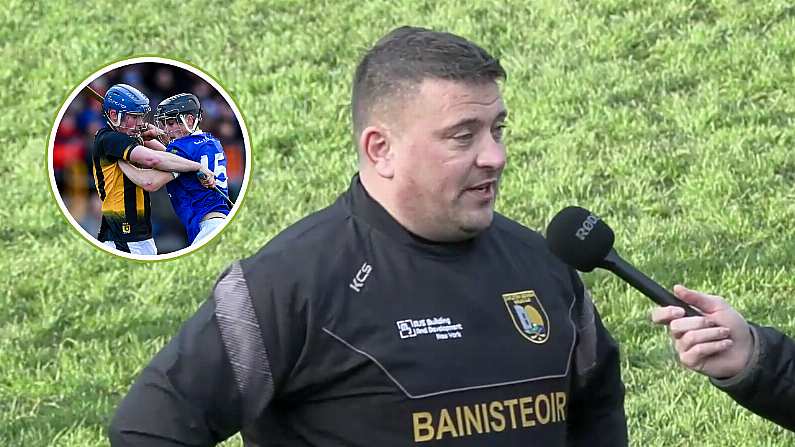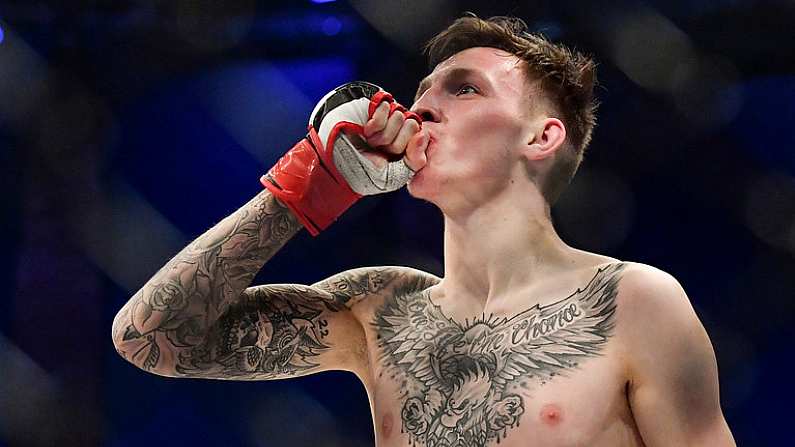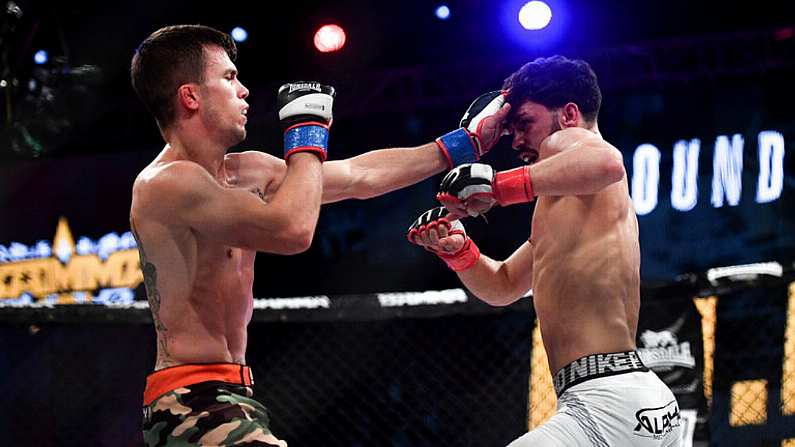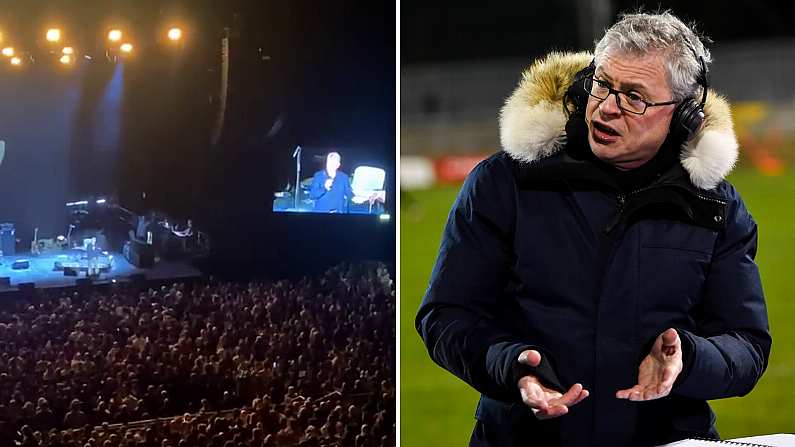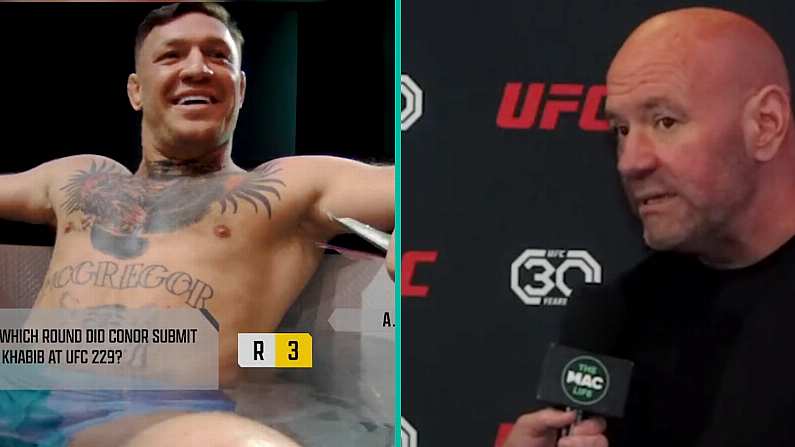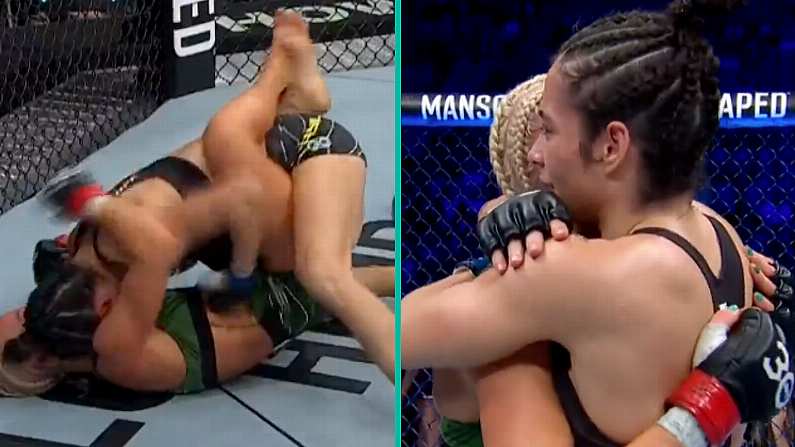The UFC have introduced new guidelines regarding its fighters' approaches to cutting weight, which will be implemented the week of UFC 200.
Essentially, there will be a stipulation that all fighters must be within 8 percent of their target weight when they check in for fight week, which generally occurs on a Tuesday before a Saturday fight.
A fighter who doesn’t fall within that range is subject to daily monitoring of weight and vitals throughout the week and will be required to attend weight management counseling before his or her next fight.
Jeff Novitzky, the UFC vice president of athlete health and performance, said:
The only hard and fast rule in there, and I think it’s probably the most important thing in terms of the guidelines, is that 8 percent number. If they’re not, it’s not in the rules the fight won’t happen, but we sure are going to pay very close attention to them, including taking daily weight, daily vitals, and as it progresses, if they show signs of being dehydrated, they will be pulled from the fight.
The new UFC headquarters in southwest Las Vegas, scheduled to open sometime in 2017, will feature an athlete health and performance center. This will be staffed to provide weight management and nutritional plans for all UFC fighters.
Along with increased education for athletes on proper weight-cutting techniques and rehydration methods - which will be provided both during fight weeks and at athlete summits - the UFC has introduced a system of data collection and athlete monitoring of weight and vital signs. As such, it will create a database to track and analyse information on each fighter.
The organisation has recently approved a number of snacks and drinks to be readily available backstage during pre-fight - a system that has been implemented since UFC 196 in March after years of food and drink lockdown for athletes, who were allowed sealed bottles of water only.
UFC vice president of athlete health and performance, Jess Novitsky, says most UFC fighters are coming in below that 8% figure regardless - particularly since the ban on IV drips was enforced last October. He also says failure to meet these guidelines would not cause the cancellation of a fight, but closer monitoring of the fighter involved:
The only hard and fast rule in there, and I think it’s probably the most important thing in terms of the guidelines, is that 8 percent number. If they’re not, it’s not in the rules the fight won’t happen, but we sure are going to pay very close attention to them, including taking daily weight, daily vitals, and as it progresses, if they show signs of being dehydrated, they will be pulled from the fight.
Dr. Robert Kenefick, a research physiologist for USARIEM, has worked with the UFC on the policy. He said there is reason to believe fighters’ performances have been impacted by dehydration and poor weight cutting:
When you start to lose greater than 4 percent mass, it definitely impacts aerobic activity, and there’s some evidence out there to suggest also anaerobic activity like power and strength can be impacted,” he said. “Their sport really takes a lot of different energy systems into account, so they’re doing very short-term one- to three-second burst-type movements, but at the same time, they’re doing round after round that are minutes long, so there is an endurance or aerobic capacity.
[Las Vegas Review-Journal]



